"Farming was a hard, sinewy job that never gave much time for dreaming." Cider with Rosie by Laurie Lee.
Why you are not a farmer
It may not be the most obvious question - and the more urban you are - the less likely it is that the thought would ever cross you mind. But I’ll ask it anyway: why are you not a farmer?
Maybe I can ask it another way – do you even know anyone who is a farmer?
TLDR:
You are not a farmer because a small number of other people, using the force-multiplication of machines and fertilizers, make enough food to feed 8 billion people.
When I asked ChatGPT the result was expectedly banal – top of the list was “Because people choose to pursue other careers”. I guess that is not incorrect, but then it begs the question: why can people choose other careers?
My answer needs a longer dig, if you’ll excuse the pun, into the “whys and hows”.
Why are you not a farmer?
You are not a farmer because you don’t have to be.
farming is hard work, it’s easier/cheaper to buy your food in a shop.
Why is food easier/cheaper to buy than to grow?
Its easier to buy food than grow it yourself.
Because farming is efficient.
In industrialized countries, about 2% of the population can produce enough food for 100% of the population.
Why do only about 2% of the population work in farming?
Only 2% of the population work in farming because that is all that is required.
A tiny number of people can produce enough food for 100% of the population (more than 100% in some countries, Europe is a net exporter).
How do 2% of the population produce so much food?
Because faming is highly mechanized and highly productive.
Why is farming highly productive and highly mechanized?
Because it is energy intensive.
The labor of farmers is massively multiplied by the use of diesel engined machinery, natural-gas for grain drying and the productivity of the land is enhanced by fertilizers.
Why can farmers use diesel, natural gas and fertilizer in large quantities?
Because all are relatively cheap.
That said, something like 40% of the costs of modern foods are fuel related (mechanized farming, fertilizers, processing, refrigeration, transportation).
The “work” that is provided by inexpensive energy is the equivalent of having hundreds, if not thousands, of human and/or animal workers - but at a fraction of the cost
Note that energy inputs are not the only reasons why “two percent” can feed the world . Farming also needs capital, soil science, veterinary skills, knowledge of crops, weather and geography, and skills/knowledge in many other areas.
Why are diesel, gas and fertilizer relatively cheap?
Because they are made from naturally occurring resources (oil and gas) that can be exploited efficiently.
Why do you not work in oil and gas?
In industrialized countries, less than 1% of the population can produce enough oil and gas for 100% of the population.
OK, I can see where this is going…. another Rabbit-Hole.
Primary Energy
Food and hydrocarbon production are both forms of Primary Energy harvesting. Through technology, scale and the almost “free” work provided by energy we can supply these basic needs to such an extent that the true “essential workers” who underpin modern societies have become invisible.
People have forgotten the importance of basic human needs: food, water, warmth, rest as well as security and safety because we have become so good at ensuring these fundamentals. “Familiarity breeds contempt”, but one could rejoinder “absence makes (will make) the heart grow fonder”.
My mother was a child in WWII and remembered the reality of wartime and post-war food rationing. My paternal grandfather was in the Merchant Navy on the food and fuel convoys that kept the UK from starving. The EU’s Common Agricultural Policy, for all it’s flaws, was designed to ensure food security. Anti-oil protestors are ignorant of such lessons from history, sitting as they are comfortably on top of the pyramid. How long before we see “Just Stop Food” protesters?
In the same way that it is open-season on the hydrocarbon industry, farming is now also under attack - (although it is more by bureaucrats and politicians rather than NGOs). Food production will be a different battle - as there are fewer real (or imagined) alternatives. Industrial farming has many downsides - nitrogen run-off in to waterways, loss of biodiversity, soil degradation, quality of food, and of course GHG emissions. Whilst most, or all of these, are important and ask valid questions about the sustainability of such intensive farming; in the coming confrontations we must look at the trade-offs not just the platitudes, and consider the importance of food security in what may rapidly become a more disjointed global economy.
The EU is pushing for 25% of Europe’s farming to be organic by 2030 (up from 9% today). Maybe they should pay a visit to Sri Lanka?
"Farming looks mighty easy when your plow is a pencil and you're a thousand miles from the corn field." - Dwight D. Eisenhower

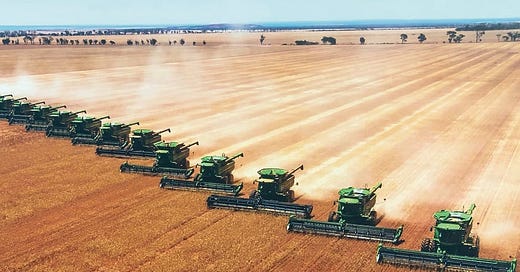


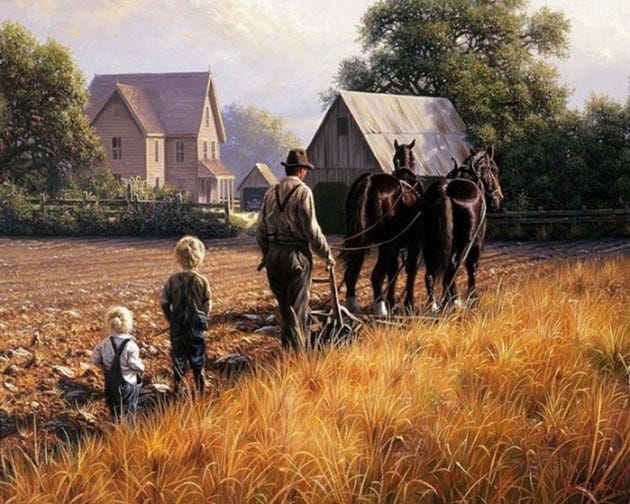
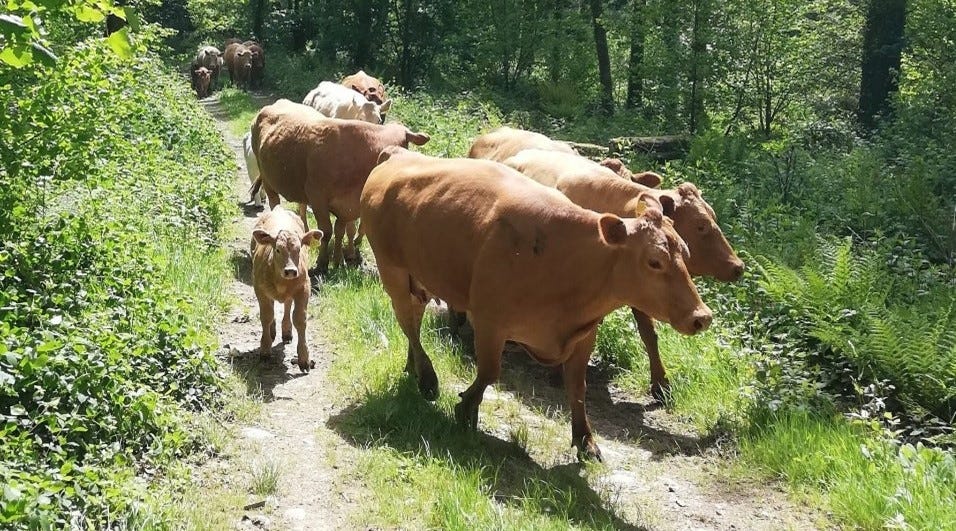
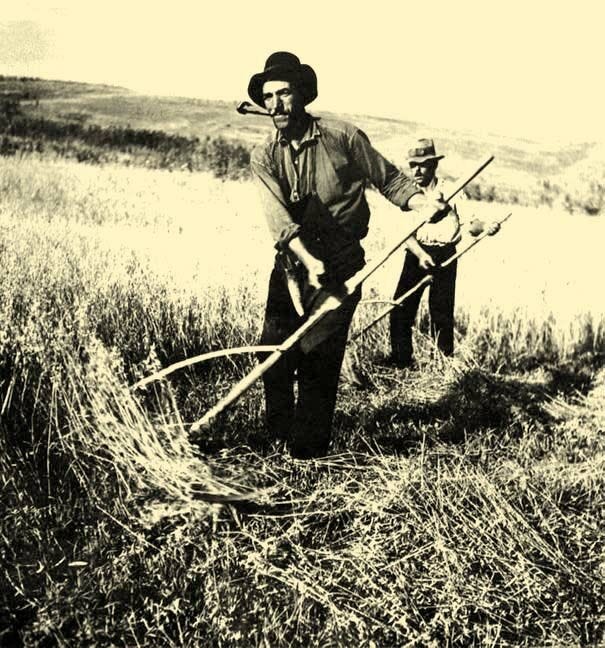
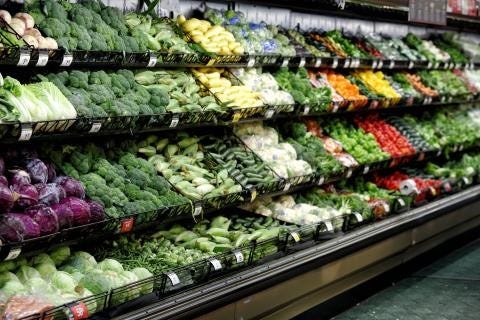
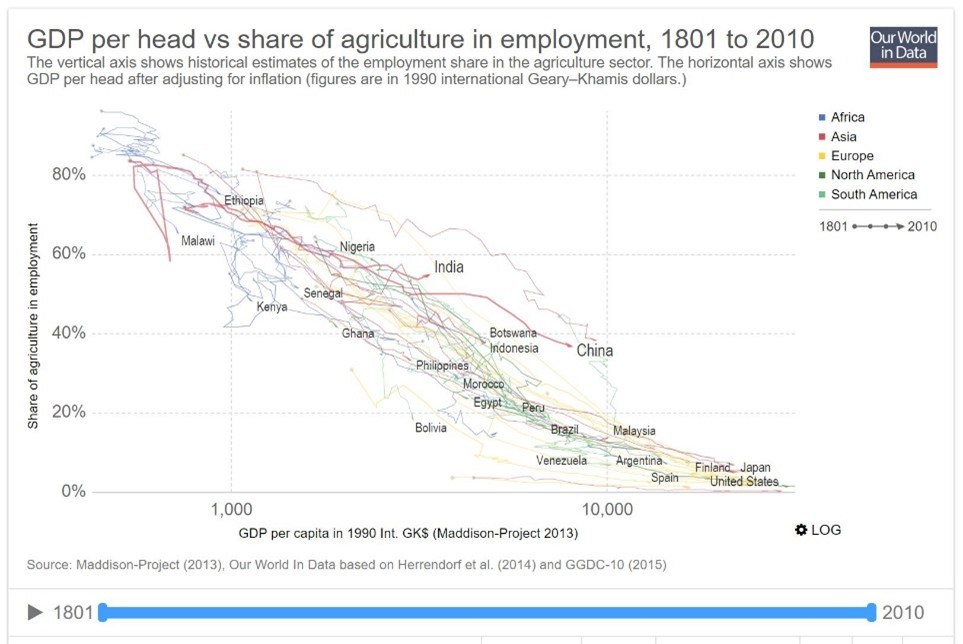
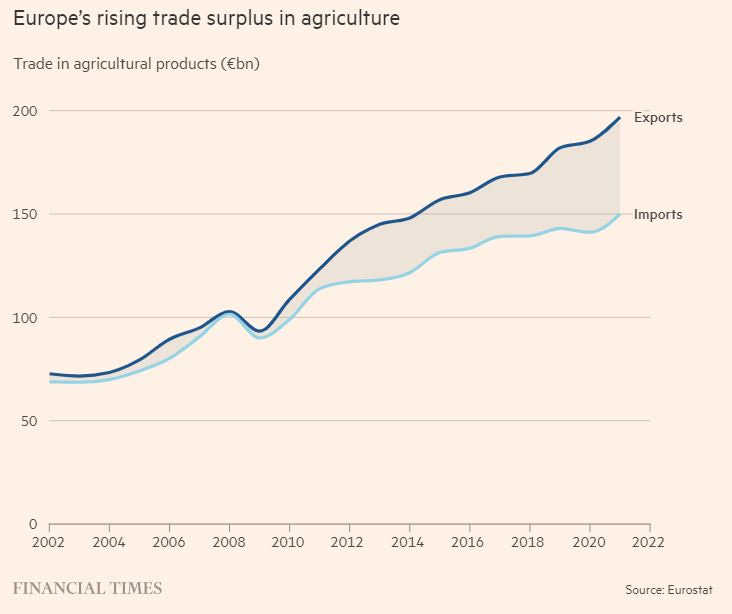

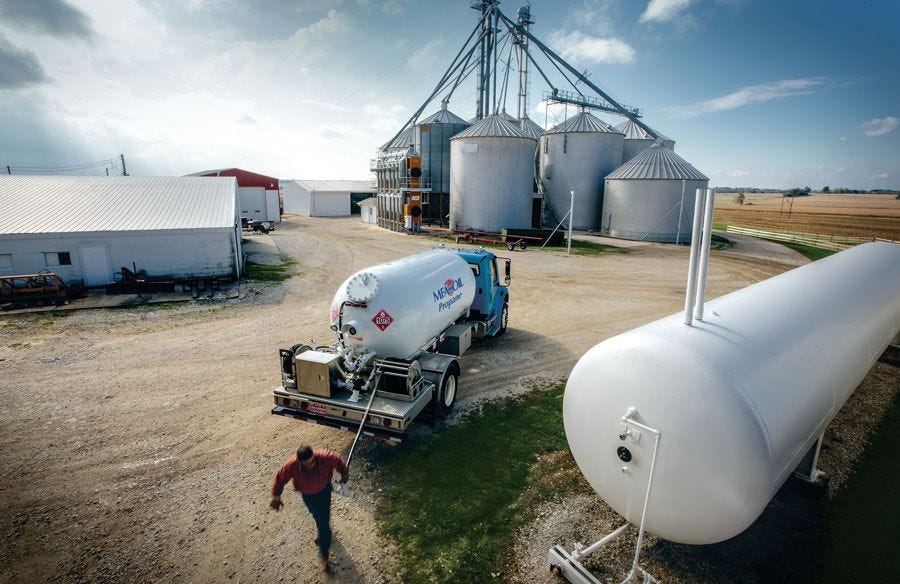
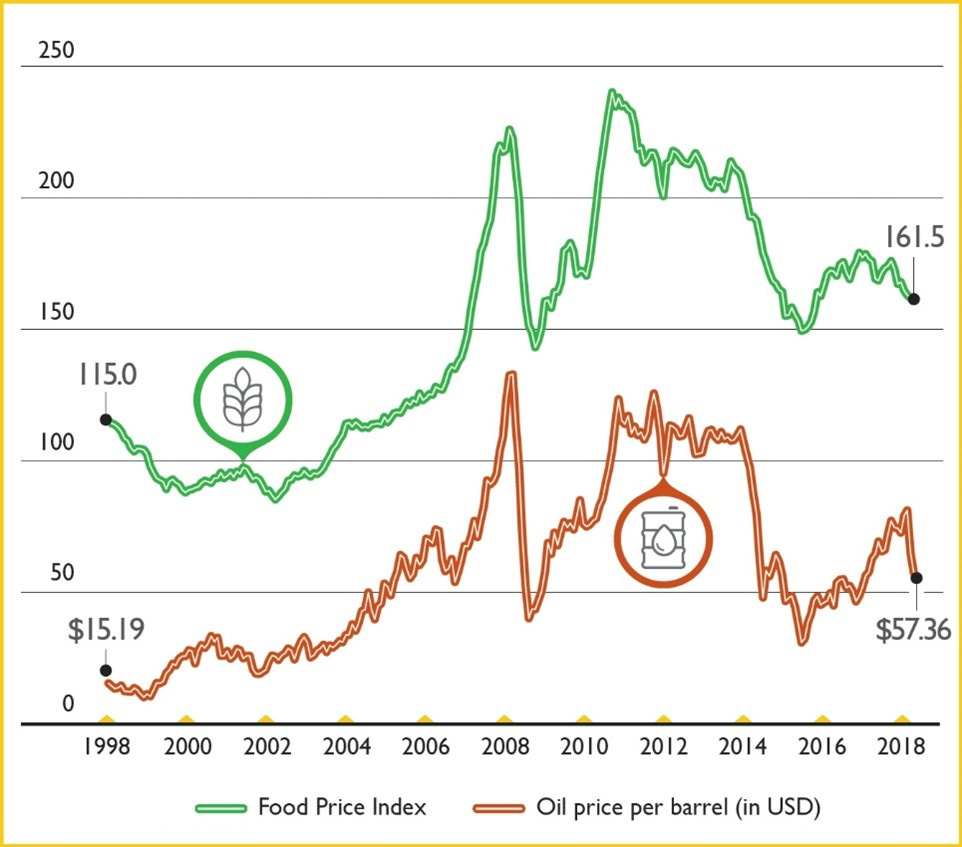
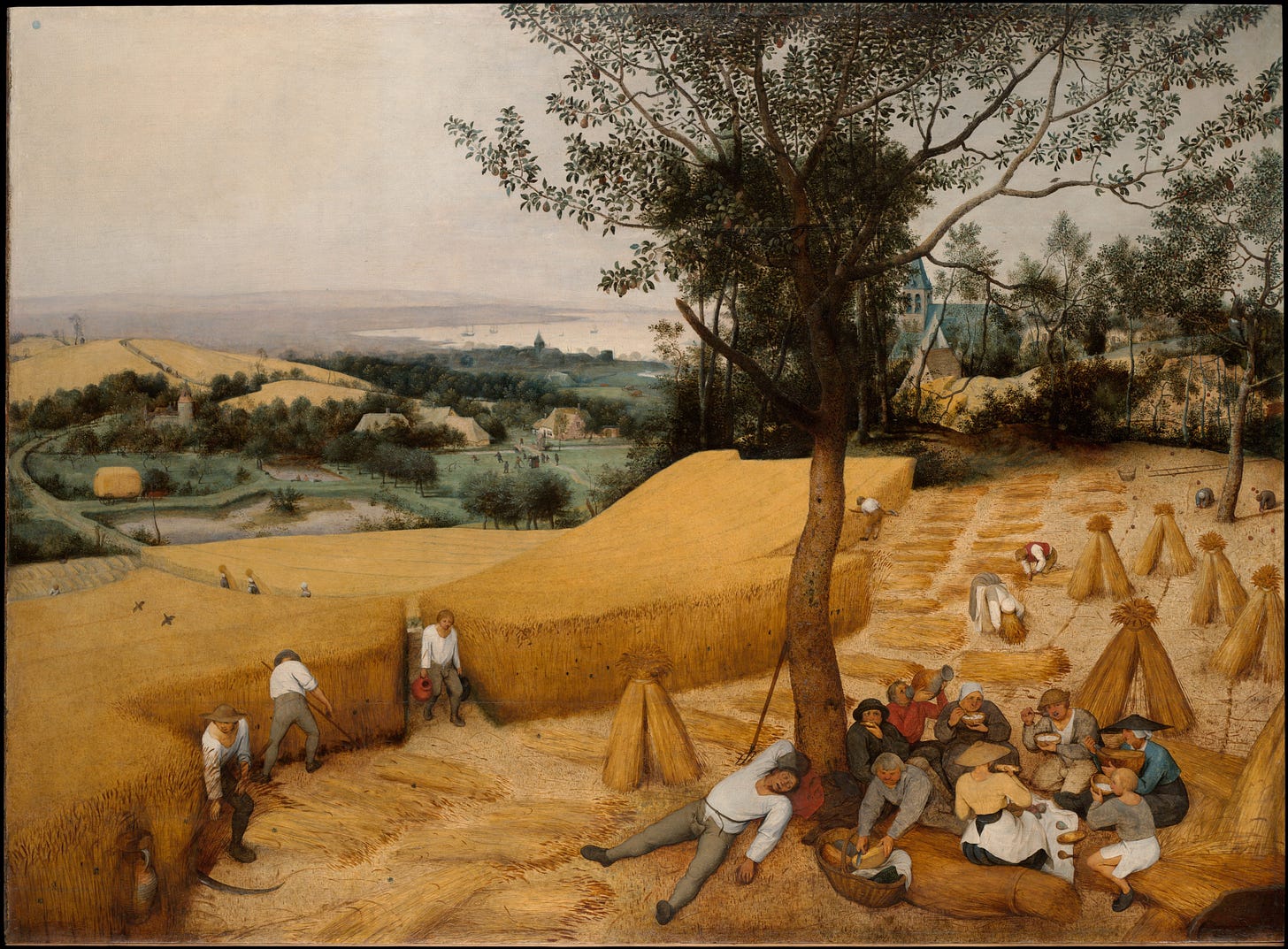

Witty as usual.
Excellent! Was waiting for the Ike quote!